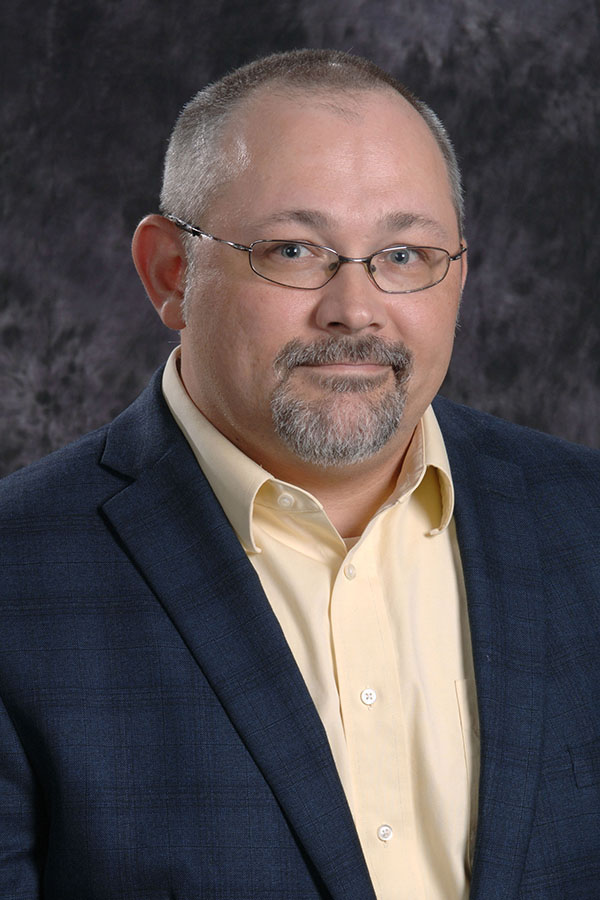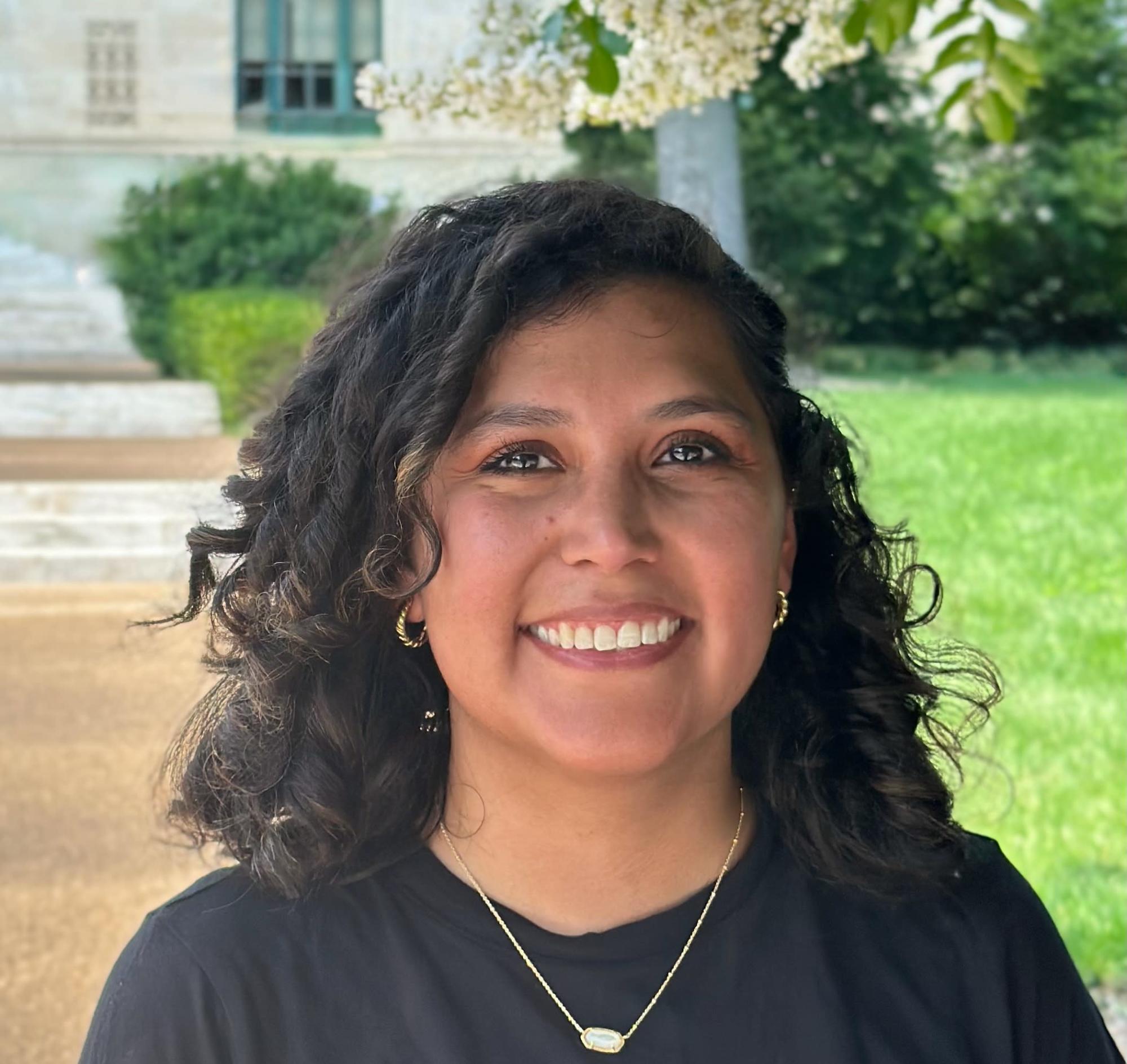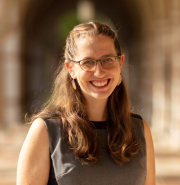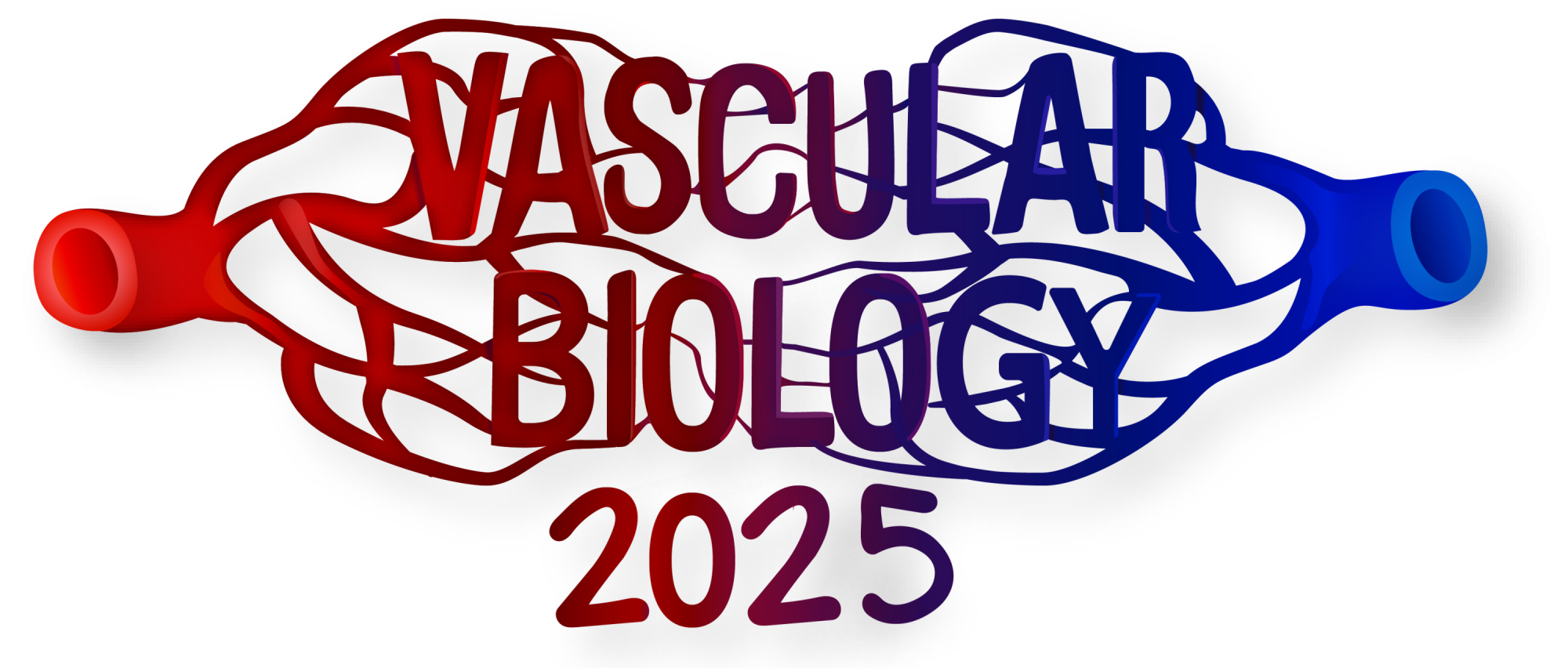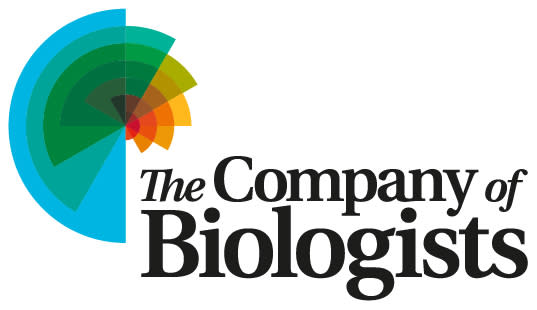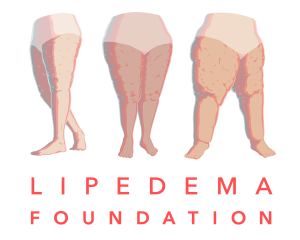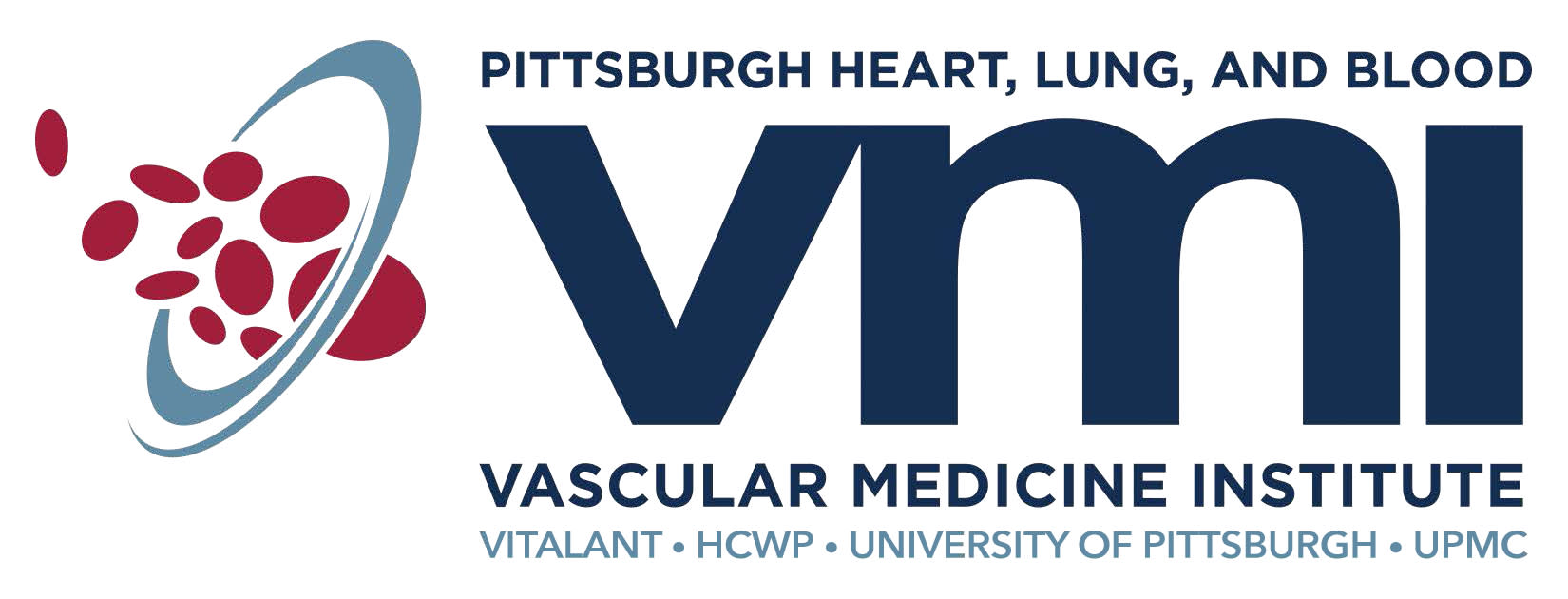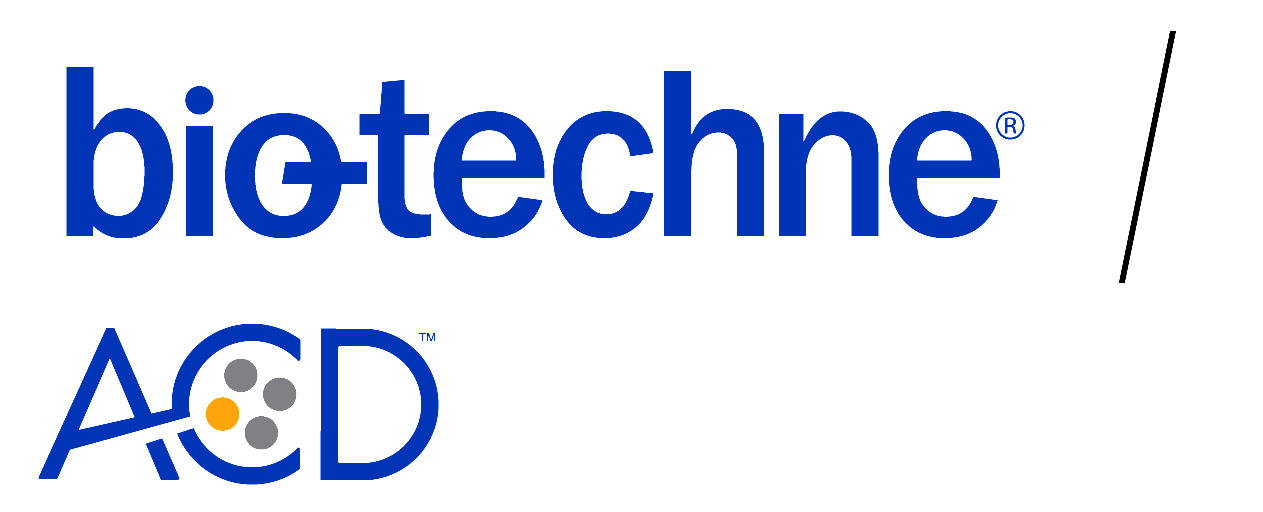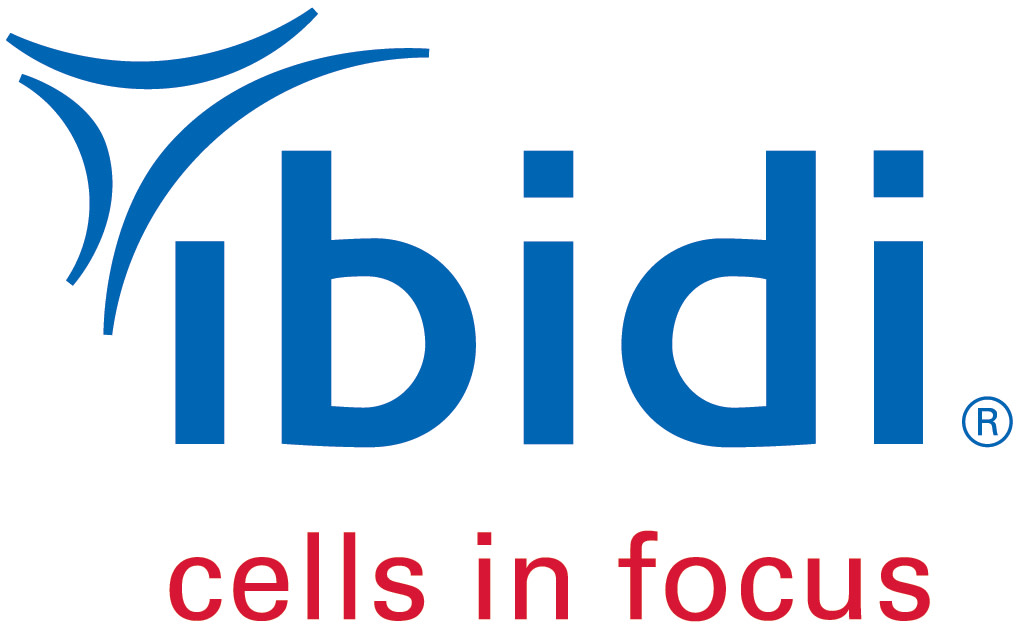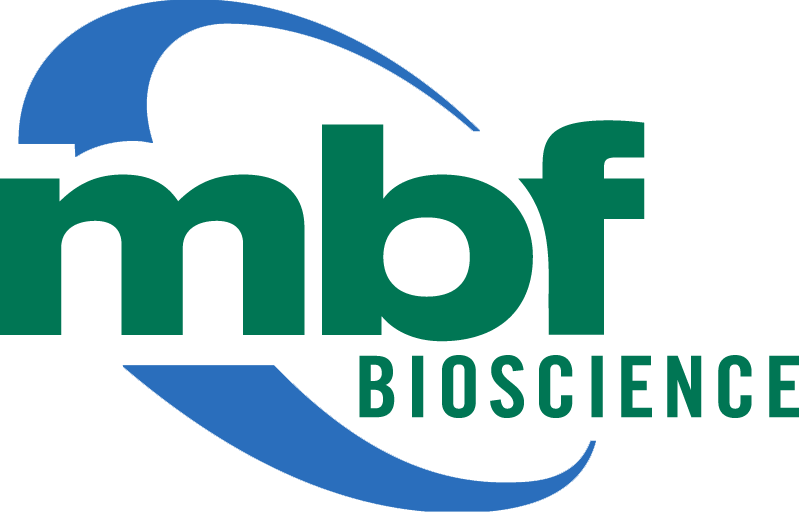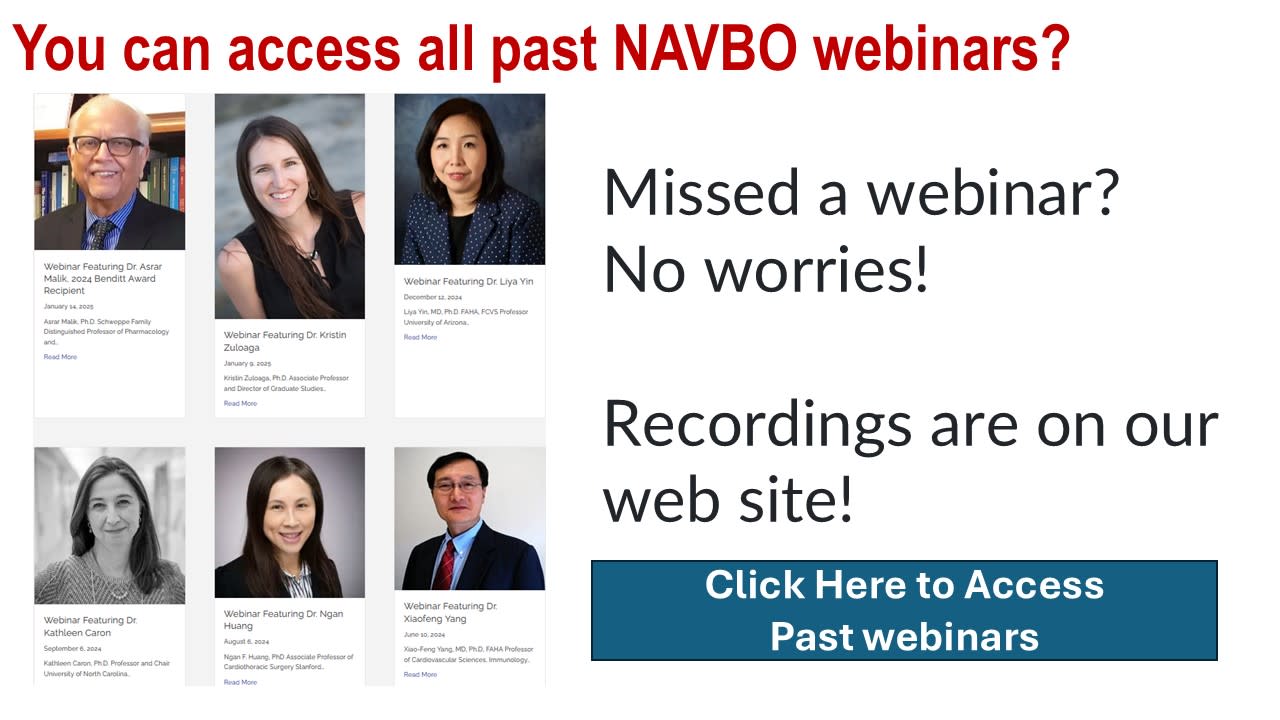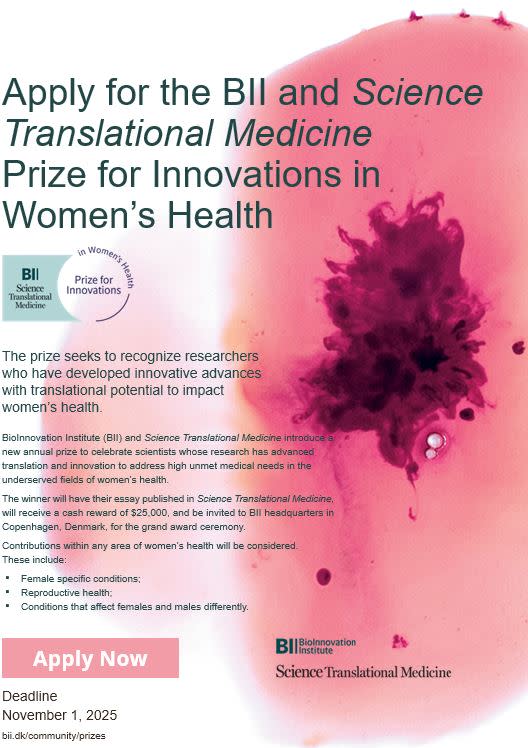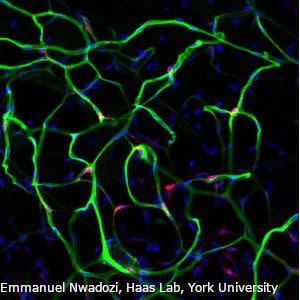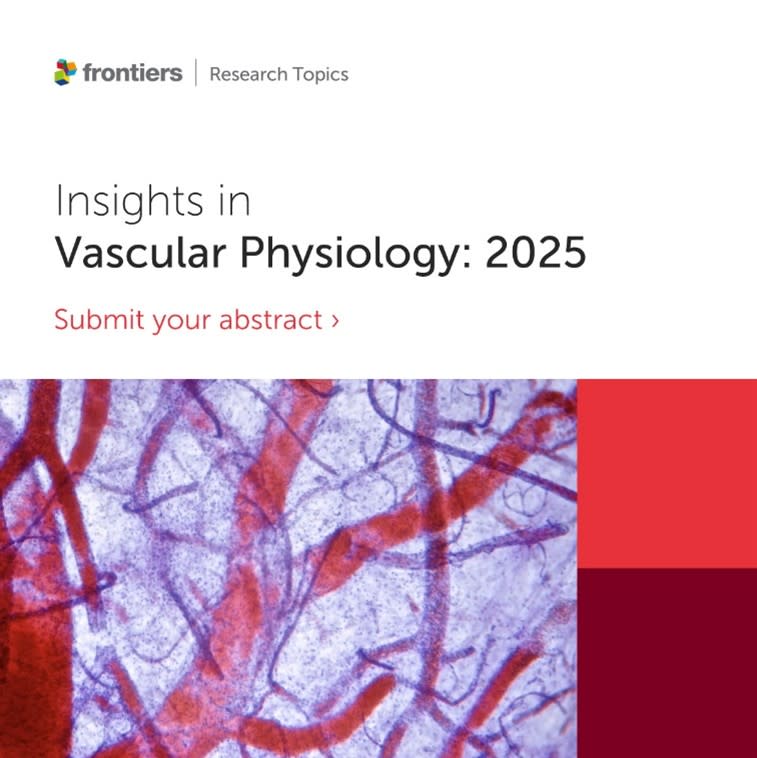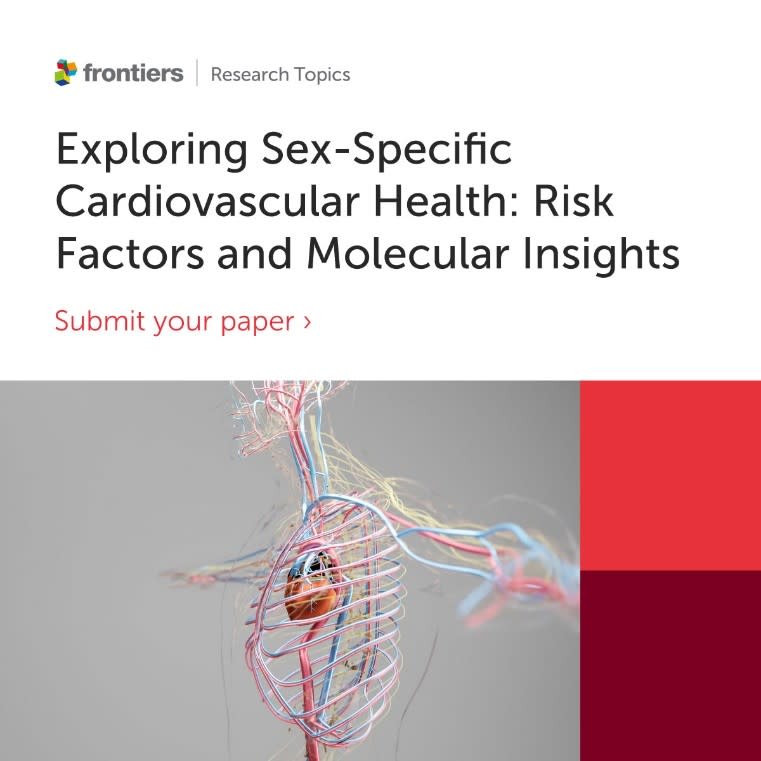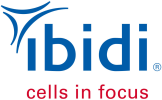|
View this Newsletter Online |
|
|
|
|
September 2025 |
|
President's Message |
|
|
This year there will be 65 short talks, primarily going to trainee members, which is exactly the kind of visibility that launches careers. Turnout at NAVBO poster sessions is consistently strong, and the conversations at and around those boards are a highlight of the week. I am grateful for the energy you are pouring into your labs and trainees right now, and I cannot wait to celebrate your work together on the Cape.
Wayne Orr, PhD President, NAVBO
Helpful link: Research!America Action Center — https://www.researchamerica.org/take-action/ |
|
|
Meet our new Scientific Officer |
|
The NAVBO community is excited to welcome Dr. Mitzy Cowdin as our new Scientific Officer, effective September 1, 2025! Mitzy received her Ph.D. in Biomedical Engineering from the University of Texas Southwestern Medical Center under the mentorship of Dr. Ondine Cleaver in February 2025. She has spent the past 5 years as an active member of NAVBO. She was a founding member of the Growth and Enrichment Committee in 2020 and the Online Program Committee in 2021. She then went on to join the Education Committee in 2024 as NAVBO’s Vascular |
|
|
Crosstalk podcast host. Mitzy spent her time in graduate school building relationships within the vascular biology community and pursuing her passion for scientific communication and collaboration. She is excited to continue to contribute to NAVBO’s mission in this new capacity! |
|
Meet One of our New Councilors |
|
|
Congratulations Dr. Callie Kwartler - Councilor Dr. Callie Kwartler is an Assistant Professor in the Department of Internal Medicine, Division of Medical Genetics at the UTHealth McGovern Medical School in Houston, TX. Her lab uses an induced pluripotent stem cell (iPSC) model system for studying molecular control of smooth muscle cell differentiation in vitro and to study the impact of genetic variants causing moyamoya disease, a rare cerebrovascular disease that causes stroke via occlusion of the internal |
|
carotid artery, on smooth muscle cell phenotype. The long-term goals of Callie's lab are to identify molecular and epigenetic mechanisms driving smooth muscle cell fate specification and to assess how those pathways or chromatin remodeling changes are altered in patients with moyamoya disease. A second major research direction in her laboratory is to characterize the molecular functions of nuclear actins in muscle cells. Callie grew up in Houston and can speak eloquently about the greatness of her city! Outside of research, Callie spends lots of time with family and enjoys live theater, baseball, ballet, reading novels, and travel. Within NAVBO, Callie also serves on the Education Committee as an organizer of webinars and career development forums. |
|
New Workshop - February 2026 |
|
|
Endothelial cells are the central component of vascular networks, modulate their behavior dynamically during angiogenic growth, interact with very diverse cell types both in the circulation and in their tissue environment, and play numerous indispensable roles during development and throughout life. Endothelial cells also contribute to major pathologies such as atherosclerosis, cardiac ischemia, and other vascular diseases. This workshop will explore the remarkable adaptability of endothelial cells, highlighting cutting-edge research within a rich historical framework. Sessions will feature invited speakers and short talks selected from abstracts, covering topics such as Developmental Phenotypes, Organ-specific Specialization, Vessel-Tissue Interactions, Cellular Heterogeneity and Plasticity, Mechanotransduction, and Disease Phenotypes. The image is cropped from a panel in Liu Z et al (2024). Angiogenesis
Abstract deadline November 20 - Submit here! |
|
The Vascular Network |
|
|
Stay Connected on The Vascular Network! Have you joined The Vascular Network, NAVBO’s exclusive social media platform? It’s the perfect place to share updates, post striking images, discuss research, and connect with fellow members—all without ads or distractions.
Don’t miss a thing! The Daily Digest delivers a summary of the day’s posts right to your inbox. If you’re not seeing it, be sure to whitelist noreply@junolive.com so it doesn’t land in your junk folder.
Join the conversation today and help build a vibrant online community for all things NAVBO!
|
|
Vascular Biology 2025 |
|
|
|
Save $$$ - Register online by 10/17 for Vascular Biology 2025 Now accepting Late-Breaking abstracts through September 30, 2025 |
|
Thank you to Supporters of VB2025 |
|
VB2025 Exhibitors |
|
Visit the Exhibitor Guide to learn more about our exhibitors |
|
Did You Know . . . |
|
Spotlight on Trainees |
|
Application window opens for NIH Loan Repayment Program The FY 2026 NIH Extramural Loan Repayment Program (LRP) is accepting applications September 1 through November 20, 2025. The Extramural LRP was established to recruit and retain highly qualified biomedical and behavioral researchers in the research workforce. The LRP offers up to $100,000 in qualified educational debt repayment in exchange for a two-year commitment to conduct research. Applicants must be qualified health professionals engaged in NIH-mission relevant research for a minimum of 20 hours per week at a nonprofit or government institution. Mission-relevant research areas include Clinical Research, Pediatric Research, Health Disparities Research, Research in Emerging Areas Critical to Human Health, Clinical Research for Individuals from Disadvantaged Backgrounds, and Contraception and Infertility Research. |
|
Member News |
|
Welcome to our New Members: Feyza Achilova, Brown University Elizabeth Amelotte, Ocean State Research Insitute Jennifer Bays, Boston University Richard Beard Jr., Boise State University Peter Biggs, Augusta University Craig Brown, University of Victoria Jonathan Brown, Vanderbilt University Medical Center Megan Butler, LSU Health Shreveport Nefia Chacko, New York Institute of Technology College of Osteopathic Medicine Hui Yu (Elliot) Chen, University of Southern California Terry Ching, Boston University Dhananjay Deshmukh, Harvard Medical School Andrew Farinha, Brown University Health Xidi Feng, Children's Hospital Los Angeles Philipp Hauger, Amsterdam UMC Eric Horst, Boston University and The Wyss Institute at Harvard Saul Huerta de la Cruz, University of Vermont Isabella Jennings, University of Washington Pazhanichamy Kalailingam, MGH-Harvard Medical School Yujin Kim, Brown University Hana Kubo, Chan Zuckerberg Biohub Chicago Madison Lemire, University of Vermont Zhongshu Lin, Louisiana State University Health Sciences Center Eddie Louz, New York Institute of Technology College of Osteopathic Medicine Simeng Lu, Massachusetts General Hospital Katherine MacNamara, Albany Medical College Luciana Mateus Goncalves, University of Miami Sami Muslmani, University of Illinois Chicago Julia Pierce, Brown University and Ocean State Research Institute Clare Prohaska, Indiana University Sarah Root, The University of Chicago Diego Saenz de Urturi Indart, Yale University Ridha Shah, Brigham and Women's Hospital Harshini Suresh Kumar, Yale University Reia Thomas, New York Institute of Technology College of Osteopathic Medicine Saketh Uppuluri, Ocean State Research Institute Zoe Vittum, Worcester Polytechnic Institute Anmin Wang, University of California Los Angeles |
|
Recent Member Publications |
|
Development of a Decellularized Urinary Bladder Matrix and Heparin-Based Cryogel for Promoting Angiogenesis Decellularized extracellular matrix(dECM)-based scaffolds have demonstrated potential in promoting cellular migration and tissue regeneration. In this study, dECM-based cryogel scaffolds are developed with sustained vascular endothelial growth factor (VEGF) release properties to enhance angiogenesis in ischemic tissues. Read More
Rapid generation of functional vascular organoids via simultaneous transcription factor activation of endothelial and mural lineages
In vivo profiling of the endothelium using ‘AngioTag’ zebrafish Vascular endothelial cells in vivo are exquisitely regulated by their local environment, which is disrupted or absent when using methods such as FACS sorting of cells isolated from animals or in vitro cell culture. Here, we profile the gene expression patterns of undisturbed endothelial cells in living animals using a novel “AngioTag” zebrafish transgenic line that permits isolation of actively translating mRNAs from endothelial cells in their native environment. Read More
Targeting EPHB2/ABL1 restores antitumor immunity in preclinical models of ependymoma
Dynamic cytoskeletal regulation of cell shape supports resilience of lymphatic endothelium Lymphatic capillaries continuously take up interstitial fluid and adapt to resulting changes in vessel calibre1,2,3. The mechanisms by which the permeable monolayer of loosely connected lymphatic endothelial cells (LECs)4 maintains mechanical stability remain elusive. Here we identify dynamic cytoskeletal regulation of LEC shape, induced by isotropic stretch, as crucial for the integrity and function of dermal lymphatic capillaries. Read More
VE-cadherin RGD motifs are dispensable for cell–cell junctions, endothelial barrier function and monocyte extravasation VE-cadherin is a key transmembrane protein involved in endothelial cell–cell junctions, playing a crucial role in maintaining vascular integrity and regulating selective leukocyte extravasation into inflamed tissue. The extracellular domain of human VE-cadherin contains two arginine-glycine-aspartate (RGD) motifs, which are known integrin-binding sites within extracellular matrix proteins, particularly for integrins of the β1, β3, and β5 families. Read More
Leukocyte transendothelial migration hotspots at a glance Leukocytes traverse the vasculature to reach sites of infection by sequentially crossing two distinct barriers – the endothelial barrier, during transendothelial migration (TEM), and the pericyte barrier, during trans-pericyte migration (TPM). Read More
Probing the physical hallmarks of cancer The physical microenvironment plays a crucial role in tumor development, progression, metastasis and treatment. Recently, we proposed four physical hallmarks of cancer, with distinct origins and consequences, to characterize abnormalities in the physical tumor microenvironment: (1) elevated compressive–tensile solid stresses, (2) elevated interstitial fluid pressure and the resulting interstitial fluid flow, (3) altered material properties (for example, increased tissue stiffness) and (4) altered physical micro-architecture. Read More
Using mathematical modelling and AI to improve delivery and efficacy of therapies in cancer Mathematical modelling has proven to be a valuable tool in predicting the delivery and efficacy of molecular, antibody-based, nano and cellular therapy in solid tumours. Mathematical models based on our understanding of the biological processes at subcellular, cellular and tissue level are known as mechanistic models that, in turn, are divided into continuous and discrete models. Read More
IL-1β blockade prevents cardiotoxicity and improves the efficacy of immune checkpoint blockers and chemotherapy against pancreatic cancer in mice with obesity Background: Immune checkpoint blockers (ICBs) have revolutionized cancer therapy, yet they remain largely ineffective in treating pancreatic ductal adenocarcinoma (PDAC). Moreover, ICBs can cause severe immune-related adverse events (irAEs), including fatal cardiac toxicity. Read More
Biomarkers of mRNA vaccine efficacy derived from mechanistic modeling of tumor-immune interactions The success of mRNA vaccines against infectious diseases such as COVID-19 has opened new avenues for their application in oncology. In cancer immunotherapy, mRNA vaccines—typically encapsulated in lipid nanoparticles (LNPs) 100–200 nm in size—enable delivery of tumor-specific antigens to activate immune responses. Read More
Challenges and opportunities for the next generation of computational tumor models Mathematical models have become essential tools for exploring the complex interplay between cancer cells and their microenvironment, but require multidisciplinary expertise and abundant biological data to develop. AI is leading the way towards the next wave of tumor models. Read More
If you recently published a paper and would like to have it included in a future issue of the NAVBO NewsBEAT and/or on our web site. Please send the citation to membership@navbo.org |
|
Industry News |
|
Applications open for American Physiological Society Fellows Fellows of the American Physiological Society are recognized as leaders who have demonstrated excellence in science, have made significant contributions to physiological sciences and related disciplines, and have served the Society. Candidates should consider the advancement to Fellow status to be an opportunity to become more active in the internal affairs of the Society, including serving in a leadership capacity. Ranks of APS Fellows include luminaries in the cardiovascular sciences, including NAVBO member Brant Isakson. Applications for APS Fellow are due September 30, 2025.
Contribute to Research!America’s advocacy efforts Per Bernadette’s recent email, NAVBO is participating in a timely, non-partisan campaign, led by Research!America, to educate the public and policymakers about the vital role played by NIH. Currently, the campaign is conducting public opinion research to identify the issues that resonate most with the public. Share your stories and become engaged! If you live in one of four target states (Kansas, North Carolina, Pennsylvania and Utah), please reach out to nihstories@skdknick.com, mention your society affiliation, and share your thoughts on how NIH budget cuts or uncertainty has affected you and how your research exemplifies why federal funding for medical and health research is crucial. For ALL members, the Research!America campaign will include opportunities for outreach to members of Congress and engagement with the public through op eds and letters to the editor.
Applications sought for award honoring Innovations in Women’s Health The BioInnovation Institute & Science Translational Medicine Prize for Innovations in Women’s Health will recognize researchers who have developed innovative advances with translational potential to impact women’s health globally. Contributions within any area of women’s health will be considered, including female-specific conditions as well as those conditions that affect women differently or disproportionately. Translational/clinical researchers and those developing new drugs, diagnostic approaches, medical devices, or healthcare technologies are encouraged to apply. Deadline for submissions is November 1, 2025. |
|
Call for Papers and Awards |
|
|
|
|
Frontiers In Cardiovascular Medicine Research Topic: Advances in Vascular Malformations: From Molecular and Cellular Mechanisms to Clinical Therapies and Management Topic Editors: Jennifer Fang, Elisa Boscolo, Miguel Lopez-Ramirez, Alexandre Dubrac NAVBO is sponsoring this Research Topic through our partnership with Frontiers in Cardiovascular Medicine. Vascular malformations refer to a wide range of structural abnormalities that can affect all vessel types in the blood and vascular lymphatic trees – including arteries, capillaries, and veins. Vascular malformation diseases can be inherited or can occur spontaneously; however, in all cases, resulting vascular lesions can significantly compromise cardiovascular and organ function and reduce patient quality-of-life.
In this Research Topic, we aim to gather contributions from scientists and clinicians to share recent advances in our understanding of the biology and treatment of vascular malformations. Ultimately, our goal is to accelerate the development of new therapeutic treatments for patients with vascular malformations affecting blood or lymphatic vessels.
Specific areas of interest are listed on the webpage: The deadline for manuscript submission is December 29, 2025. If you are interested in participating in this Topic, we encourage you to consider submitting a proposed manuscript summary by September 24, 2025.
|
|
|
|
Frontiers In Cardiovascular Medicine Research Topic:
NAVBO is sponsoring this Research Topic through our partnership with Frontiers in Cardiovascular Medicine. Mechanotransduction—the process by which cells detect and convert mechanical stimuli into biochemical signals—is essential for embryonic development, organogenesis, and the maintenance of tissue homeostasis. It also plays a pivotal role in disease progression. This is especially true in the cardiovascular system, where cells are constantly exposed to complex mechanical forces, including shear stress, cyclic stretch, and pressure. In addition to these biomechanical stimuli, cardiovascular cells respond to cues from the extracellular matrix (ECM) in a dynamic, three-dimensional microenvironment. Notably, these cells not only sense and respond to mechanical forces of varying magnitude, direction, and frequency but also actively participate in remodeling their biomechanical surroundings. Specific areas of interest are listed on the webpage The deadline for manuscript submission is January 5, 2026. If you are interested in participating in this Topic, we encourage you to consider submitting a proposed manuscript summary by September 17, 2025. |
|
|
|
|
BMC Biology is calling for submissions to theirr Collection on vasculogenesis and angiogenesis in vivo and in vitro. This Collection aims to bring together cutting-edge research that explores the cell and molecular mechanisms and therapeutic applications of blood vessel formation in health and disease. Tara Haas, York University, is one of the guest editors. Deadline for submission is February 22, 2026. Download the flyer for more information.
|
|
|
|
This Research Topic will constitute the second volume of the Insights in Vascular Physiology series. The 2025 volume invites submissions of original papers, reviews, or perspectives on such topics as abdominal aortic aneurysm, impact of microbiome on vascular physiology, cerebral microcirculation, and coronary microcirculation (see the link below for full topics list). This issue is edited by Drs. Luis A. Martinez-Lemus, University of Missouri, Columbia, USA; Christopher Garland, University of Oxford, Oxford, UK; Francesco Moccia, University of Molise, Campobasso, Italy; and Andrew P Braun, University of Calgary, Calgary, Canada. Frontiers | Insights in Vascular Physiology: 2025, Submission Deadline: November 2025 |
|
|
|
|
|
This collection focuses on the biochemical determinants and risk factors that contribute to the sex differences in cardiovascular disease initiation, development, presentation, and diagnosis. Specific areas of interest include coronary disease, microvascular dysfunction, hormonal and non-hormonal mechanisms of sex-related cardio protection, vascular biomechanics, and impacts of gender (as distinct from biological sex) and related lifestyle on cardiovascular health. The topic editors are Drs. Irena Levitan, University of Illinois Chicago, Catherine Martel, Universite de Montreal, and Benard Ogola, Augusta University. Frontiers | Exploring Sex-Specific Cardiovascular Health: Risk Factors and Molecular Insights. |
|
NAVBO Corporate Partners |
|
NAVBO Corporate Member |
|
Calendar of Events |
|
|
Job Postings |
|
|
|
|
North American Vascular Biology Organization |


